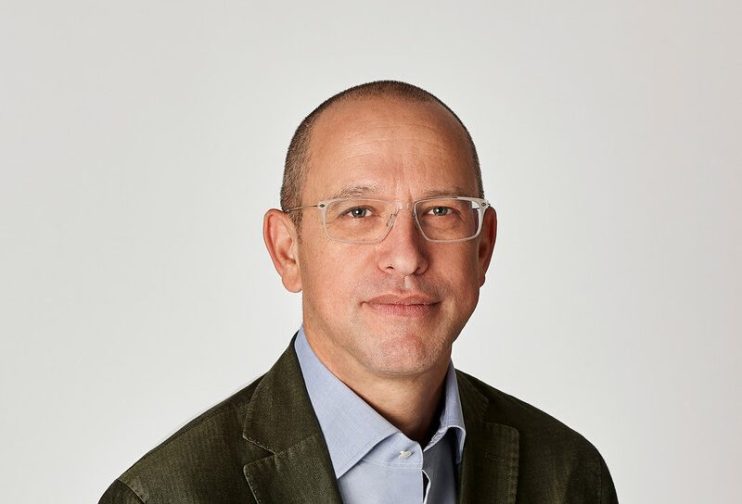Virgin Atlantic chief Shai Weiss: UK ‘short sighted’ on red tape rules for connecting flights

New government red tape imposed on passengers travelling via connecting flights is hurting the UK aviation sector’s competitiveness, the chief executive of Virgin Atlantic has warned.
In an exclusive interview with City A.M. Shai Weiss echoed recent complaints from airline bosses over the so-called electronic travel authorisation (ETA), which requires visa-exempt travellers passing through Britain to pay a £10 fee and wait up to three days for an online permit.
“We need to make the UK the most consumer friendly, passenger friendly economy in the world and that was the whole point of Brexit,” Weiss said.
“To find legislation that actually puts us at a disadvantage in my mind is short sighted. I understand the need to raise more capital and more tax, but I’m not sure, rather than raising more tax we are probably diverting traffic away.”
Airlines are put out by the prospect of international travellers on connecting flights being forced to pay the charge, despite not passing through passport control, as it may deter them from using UK airports for connecting flights. Most countries around the world do not have such a fee for those not required to complete border checks.
Europe’s busiest hub Heathrow will be the worst hit, with over a third of its passengers in the last two decades using it to connect internationally.
“It doesn’t sound right” Weiss told City A.M. “When you are talking about connected passengers… they can either go to Schipol, they can go to Charles de Gaulle, they can go to Frankfurt or they can come to Heathrow.”
He added: “It requires the attention of the [Virgin Atlantic] team and people just to think, is this really what you intended to do? Double taxation for connected passengers, no.”
The Home Office brought in the tax with the intention of boosting border security. It came into effect for Qatari nationals earlier this month and will be required even for passengers who are airside at Heathrow for over two hours between flights.
The government intends on rolling it out to a slew of other Middle Eastern Countries in early 2024 and by the end of the next year, it will be a requirement for visitors globally who do not require a visa for short stays.
Weiss was speaking to City A.M. aboard the first 100 per cent Sustainable Aviation Fuel (SAF)-powered long-haul, commercial flight, to New York.
Amid a slew of challenges facing airlines, including spiking oil prices and conflict in the Middle East and Ukraine, the airline boss backed the company’s goal of hitting profitability in 2024.
“It’s not to say that the environment is not challenging, there are now unfortunately two wars in the world. The cost of living has not abated and interest rates are still high and energy prices are whatever they are.”
“But we’ve taken all the necessary steps in terms of making sure that we have full capacity next year. We have six million passengers just as we did in 2019. We remain laser focused on controlling our costs and managing our cash.”
A Home Office spokesperson told City A.M. “We are introducing an Electronic Travel Authorisation (ETA) scheme to enhance border security by increasing our knowledge about those seeking to come to the UK and preventing the arrival of those who pose a threat.
“Requiring transit passengers to obtain an ETA willstop people who may use connecting flights to avoid gaining permission to travel to the UK.
“We are communicating with those impacted by this change to help ensure they are aware and understand what the new requirement means for them, with ample time to prepare”